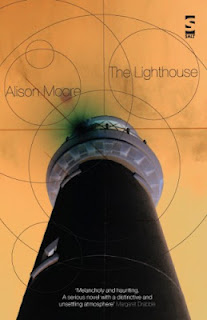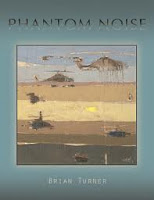Clare is a very damaged young woman, whose life has been a web of lies and disguises. She is a flawed, multi-dimensional heroine, feisty, maddening, but also likeable. Clare has become famous as the author of a book of unusual botanical paintings made on a trip to the Amazon, but there is a mystery surrounding it which Clare is reluctant to talk about.
When the story begins, Clare’s uncle, whom she hasn’t seen for years, has recently died and left his property in Tuscany to her, rather than to his wife, who is bitter and angry. Clare is stunned by the bequest, but she travels to Italy to talk to the lawyers, taking her uncle’s ashes with her as instructed.
Her uncle’s house is in the heart of Etruscan territory and Clare is soon caught up in an archaeological intrigue which seems to have been part of her uncles’s legacy. And there are two men trying to claim her attention, both of whom have dubious motives. Clare has no idea who she can trust and her instincts are to trust no one.
I enjoyed reading this from the moment I opened the book - Barbara Lambert’s prose is rewarding and her handling of a complex plot very sure-footed. I love archaeology and have spent hours crawling around in Etruscan tombs, so I enjoyed the detail. In Italy it is quite normal to have an Etruscan tomb in your back garden - or to fall into one while walking your dog in the woods. They lurk behind screens of vegetation or appear disguised as animal sheds or store-rooms cut into the rock. This is one we stumbled into in the woods near Orvieto last January.
For anyone who has lived in Italy Clare’s story, the machinations of a corrupt bureaucracy, and the subtle ambiguities of motive that affect everyday life, are all totally believable.
The Whirling Girl is an excellent novel, soaked in Italian sunshine and Tuscan wine - jewel bright with antiquities and rare botanical specimens. I also liked the way the author closes the story - there are no neat happy endings in real life - only more possibilities, and so it is for Clare. A very satisfying read.
Barbara is talking about how she found the idea for the novel over on my main blog today.
At the moment The Whirling Girl is only available in paperback, but it's hoped that the E-edition will be out soon.
When the story begins, Clare’s uncle, whom she hasn’t seen for years, has recently died and left his property in Tuscany to her, rather than to his wife, who is bitter and angry. Clare is stunned by the bequest, but she travels to Italy to talk to the lawyers, taking her uncle’s ashes with her as instructed.
Her uncle’s house is in the heart of Etruscan territory and Clare is soon caught up in an archaeological intrigue which seems to have been part of her uncles’s legacy. And there are two men trying to claim her attention, both of whom have dubious motives. Clare has no idea who she can trust and her instincts are to trust no one.
I enjoyed reading this from the moment I opened the book - Barbara Lambert’s prose is rewarding and her handling of a complex plot very sure-footed. I love archaeology and have spent hours crawling around in Etruscan tombs, so I enjoyed the detail. In Italy it is quite normal to have an Etruscan tomb in your back garden - or to fall into one while walking your dog in the woods. They lurk behind screens of vegetation or appear disguised as animal sheds or store-rooms cut into the rock. This is one we stumbled into in the woods near Orvieto last January.
For anyone who has lived in Italy Clare’s story, the machinations of a corrupt bureaucracy, and the subtle ambiguities of motive that affect everyday life, are all totally believable.
The Whirling Girl is an excellent novel, soaked in Italian sunshine and Tuscan wine - jewel bright with antiquities and rare botanical specimens. I also liked the way the author closes the story - there are no neat happy endings in real life - only more possibilities, and so it is for Clare. A very satisfying read.
Barbara is talking about how she found the idea for the novel over on my main blog today.
At the moment The Whirling Girl is only available in paperback, but it's hoped that the E-edition will be out soon.























